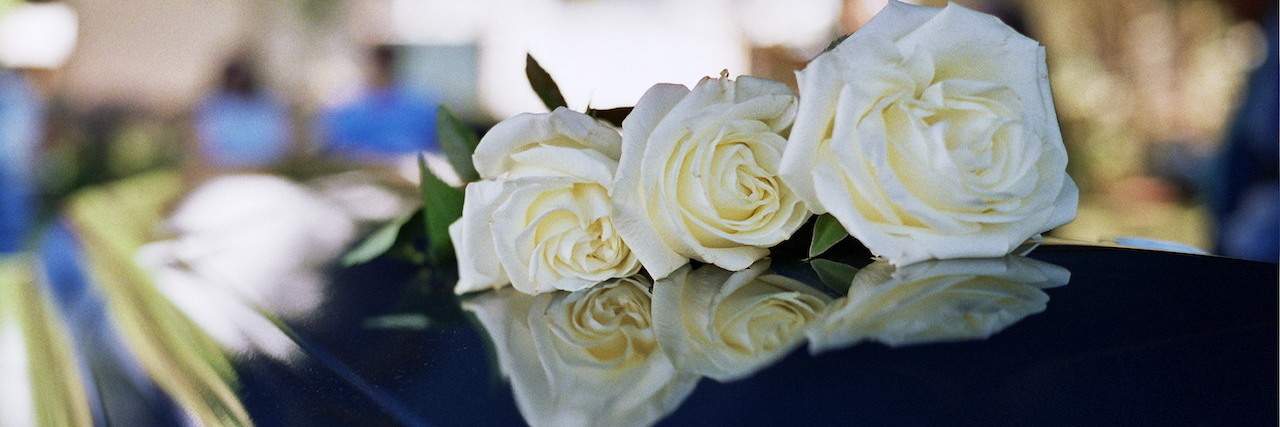I buried both of my parents during the COVID pandemic.
My father passed away after a long battle with lung cancer in early July. Then my mother suddenly died from cardiac issues less than four months later. Though neither had ever been diagnosed with COVID, the disease affected their passing and the aftermath in ways no one could have foreseen.
The funerals took place so close together and looked so much alike, they almost seem like one event. My parents had lived and worked and served in their small community for over four decades, but the risk from the pandemic forced us to choose family-only funerals and burials for both my mother and my father. Though we never even considered having a large gathering for our own safety and that of the community, the emotional impact manifested for their four children in many unexpected ways. Now, in addition to missing our parents, we have missed so much more.
1. We missed the physical touch of others on the day of their deaths through the burial. No neighbors held my hand as they wheeled Daddy’s body from the house. No church members hugged my shoulders as I first glimpsed Mom in her casket.
2. We missed extended family reuniting. No relatives came in from out of town, and we wanted it that way. But we didn’t anticipate the pain from not seeing Mom’s favorite niece or my dad’s only sibling among the mourners.
3. We missed the untold tales of their lives. The best escapades and recollections only come out in times like these deep memory moments. Now the window of opportunity has passed. Those are the stories we will never hear.
4. We missed the community rituals we’ve come to rely on to start to heal in our society — a noisy visitation, a crowded funeral hall, a house overflowing with lifelong friends. The strength we tend to gain from sheer numbers was reduced to almost nothing.
5. We missed the expressed appreciation and adoration that their children all felt but wanted reinforced and corroborated by others — the expectations of ending two well-lived lives. The few we did come in contact with wore masks (thankfully), which blunted conversation. And with their faces partially covered, it was like getting only 50% of the emotion.
6. We missed the tangible expressions of honor from a community where they had invested their lives — flowers and memorials that weren’t sent because there was no public service. Memories and snapshots of an outpouring of support will not be there to support us in the months and years ahead.
7. We missed the gathering of siblings to touch, reminisce and distribute family heirlooms and personal belongings. With four of us scattered throughout the country, all living in different states with heightened infections, our time together since our parents’ passing has been nonexistent. And our emotional healing has stalled.
8. We missed seeing their graves finalized. COVID delays have kept the headstone we ordered over six months ago from being manufactured and placed at the cemetery. Visiting their scantily marked graves only heightens the feeling of not having had a “real” funeral. Or a “real” loss.
The deaths COVID has caused have a direct and devastating impact on their families. Though nothing can diminish that enormous tragedy, the peripheral losses are still being discovered. As a world, we must hold open space for losses we haven’t yet tabulated or verbalized. That sad discovery will be decades unfolding.
Getty image via Kayla James

